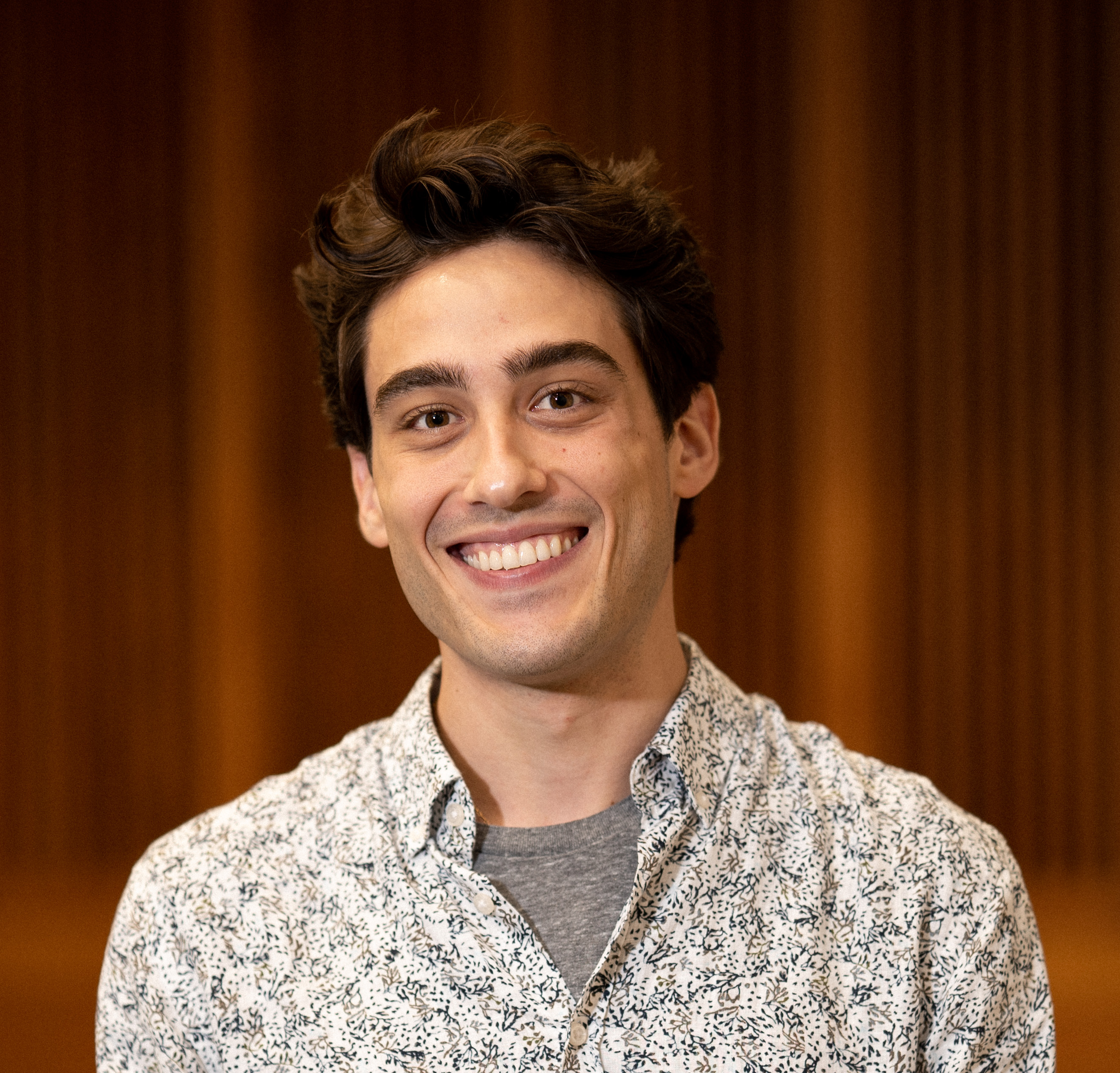Imaging Permafrost and Wildfire interactions in the Arctic from Space (Roger Michaelides, WashU, Department of Earth and Planetary Sciences)
The Arctic is one of the fastest-changing regions on the Earth. Air temperature records have shown a warming trend of nearly 3°C since the 1960s. This warming is responsible for rapid changes across the Arctic, from melting of ice sheets and glaciers, to thawing of permafrost. Rising air temperatures have led to an increase in the severity and frequency of wildfires across the Arctic. Wildfires threaten the stability of permafrost -- ground that is perenially frozen for more than two consecutive years -- which can degrade and release elevated levels of greenhouse gases for years after a fire. In this talk, I will discuss how wildfire-induced changes to Arctic permafrost can be measured from space with satellite-based radar imagers, and what the implications of these findings are for the Arctic.
Using climate models to investigate extreme precipitation in St. Louis (Alex Thompson, WashU, Department of Earth and Planetary Sciences)
On July 26, 2022, record-breaking rain fell throughout the metropolitan area of St. Louis, producing catastrophic flooding. Although the intense 24-hour rainfall from this storm was estimated to occur only once in 1,000 years, the accuracy of this assessment is limited by the relatively short data record of fewer than 100 years. Since extreme precipitation in the Midwest is occurring more frequently as the planet warms, it is critically important that we accurately calculate the past and future frequency of these types of extreme events. In this talk, I will share ongoing work where I am combining daily rainfall from rain gauge observations with over 1,000 years of climate model simulations to assess the frequency of the July 2022 storm in St. Louis more accurately than previous methods. With our innovative approach, we have greater confidence in the evaluation of the historical frequency of a storm of this magnitude and quantify the increase in likelihood of this extreme rainfall happening again in the future.
Our Speakers
Roger Michaelides, Ph.D.
(he/him/his)
Roger Michaelides is an assistant professor in the Department of Earth and Planetary Sciences at Washington University in St. Louis. He is a radar geophysicist and uses a variety of remote sensing and satellite imaging techniques to study dynamic processes in the Arctic. He earned his Ph.D. from Stanford University in 2020.
Follow the work of Roger and his colleagues on twitter @WUSTL_EPS and his personal website.
Alex,Thompson Ph.D.
(he/him/his)
Alex Thompson is a postdoctoral researcher in the Department of Earth and Planetary Sciences at WashU in St. Louis. He uses global climate models to explore past and future climate change with a focus on the hydrologic cycle. Alex earned his Ph.D. from the University of Michigan in 2021.
Follow the work of Alex and his colleagues on twitter @WUSTL_EPS @ajtclimate and his personal website .



